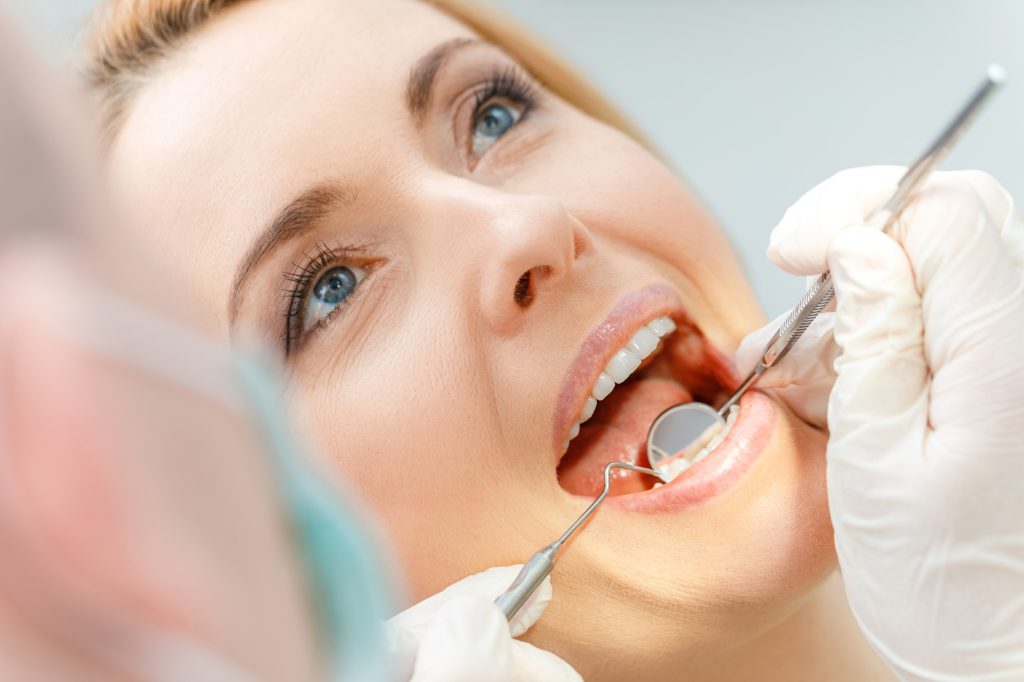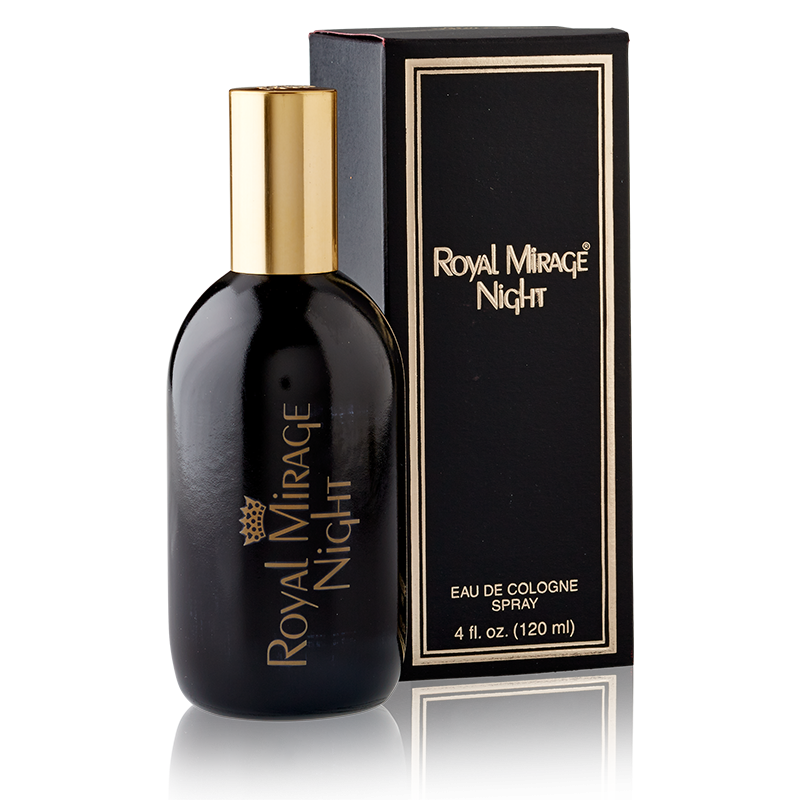Just like personal hygiene and good oral health habits, regular dental cleanings at home, at the dentist, and health are important to the long-term health of your teeth.
But how often should you clean your teeth? What should you look out for? Are there reasons not to clean your teeth?
If you’ve been asking these and other questions, then you’ve come to the right place. We’ll cover just that and more in our comprehensive guide to dental cleaning.
Considering Oral Health Concerns
It is recommended that people attend a dental cleaning every six months. However, if you have certain oral health concerns such as cavities, gum disease, or dry mouth, it’s a different case.
For other conditions that increase the amount of plaque and tartar buildup, more frequent cleaning may be necessary. It is important to discuss this with your dentist.
Not only how often cleaning visits should be scheduled, but also the types of preventive techniques. Your condition should be proper.
Depending on the Age
It is recommended to have a dental cleaning depending on age. Children should have a cleaning twice a year, beginning at age one. Adolescents should have a cleaning every 6 months.
Adults should have a cleaning at least every 6 months, however, it can vary based on oral health. If gum disease is present, more frequent cleaning may be necessary.
Those with braces or other orthodontia should have a cleaning every 3 to 4 months. People with more advanced oral health challenges, such as those with conditions like diabetes and immune deficiencies, may need to have cleanings more often.
Sometimes this could be as often as every 4 weeks. All individuals should visit their dentist for regular check-ups and to set up a proper cleaning and maintenance schedule for their individual needs.
Recommendation for Smokers
It is suggested that non-smokers receive a dental cleaning every six months. However, due to the harmful and acidic components produced by smoking, smokers may need to get a professional dental cleaning done more often. It can be at least four times yearly.
Daily flossing and brushing can help reduce harmful deposits and encourage regular gum health for smokers. Regular use of an anti-bacterial mouthwash is also recommended to wash away lingering particles and decrease plaque buildup. It’s also worth mentioning that smokers can use interdental brushes as an alternative to dental floss according to the best dentist in Tampa FL.
If possible, smokers should try to reduce their smoking habits to further improve their gum and teeth health. A frequent dental checkup is important to support proper oral hygiene and reduce the risk of any potential issues.
Considering Your Type of Diet
If your diet consists mostly of sugary foods, you should discuss it with your dentist. This is to increase your cleaning frequency with your dentist. Sugary and acidic foods may cause a greater risk of plaque and tartar buildup over time.
This can lead to gum disease and decay. If your diet is rich in dark-colored foods, such as berries and red wine, it’s important to have your teeth professionally cleaned more often. These foods may cause stains on the enamel.
Smoking, dried fruits, and other high-sugar snacks, such as candies and syrups, can all contribute to an increased risk of tooth decay, staining, and periodontal issues.
Talk to the best dentist about what diet you are consuming and how often you should have a professional cleaning that is tailored to your lifestyle needs.
Factors in Genetics
Regarding genetics, it is suggested that the frequency of dental cleaning is largely dependent on the individual’s genes. If you have a family history of gum disease, you may need more frequent dental cleanings and check-ups.
This is compared to someone without a genetic predisposition. It is important to talk to your dentist and discuss your individual genetic history, as they can recommend more frequent cleanings as a preventative measure.
It is recommended that a patient schedules a dental cleaning and exam every 6 months. However, if your genetics have you particularly susceptible to tooth decay or gum disease, your dentist may recommend more visits.
Due to Medical Conditions
It is important for individuals who have medical conditions to pay close attention to their dental health and adhere to their dentist’s recommendations for dental cleanings.
The frequency of dental cleaning depends on the severity of the medical condition and existing dental health.
Those with mild conditions such as asthma, diabetes, and heart or lung disease may follow the typically recommended schedule of two cleanings per year.
Those with more severe conditions, such as those with compromised immune systems, cancer, or hemophilia, may must more regular cleanings.
It may be recommended that these individuals have a cleaning every three or four months to support good oral health. These individuals should visit their dentist for regular exams to keep an eye on their oral health.
Personal Preferences
Personal preferences vary when it comes to deciding when and how often you should have a dental cleaning. Everyone has different oral health needs and it’s important to talk to your dentist to come up with an individualized plan.
It is recommended you have a professional dental cleaning and check-up twice a year. But some people may find they need to come more often or must receive more specific treatments.
People with mild gingivitis or a more serious oral health condition may have more frequent visits. It’s important to discuss your specific needs with a family dentist near me to decide the frequency of your cleanings.
Learn How Often You Should Have a Dental Cleaning Starting Today
A dental cleaning every six months is essential to preventing cavities, gum disease, and tooth loss. Having a professional cleaning and annual exam minimizes your risk for costly restorative work and keeps your smile healthy for life.
Schedule your next cleaning today to keep your mouth in optimal health!
Did you find this article helpful? Check out the rest of our blogs!
James Martin is a passionate writer and the founder of OnTimeMagazines & EastLifePro. He loves to write principally about technology trends. He loves to share his opinion on what’s happening in tech around the world.



